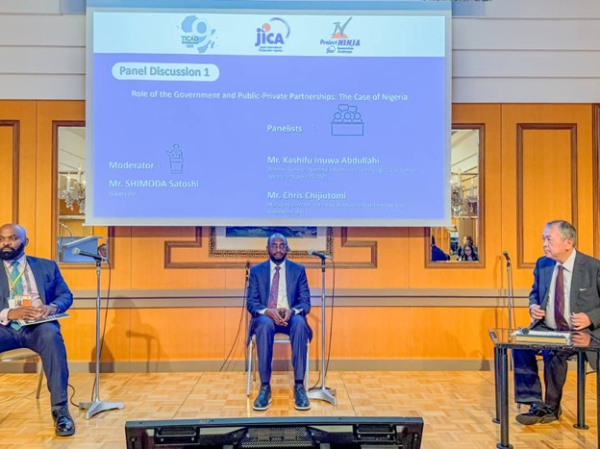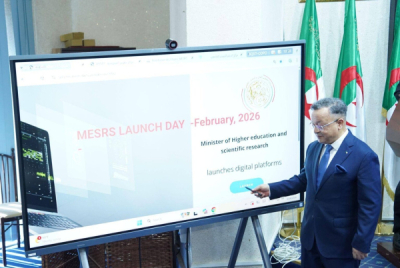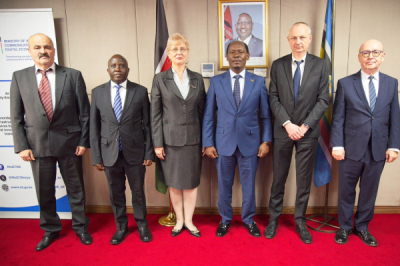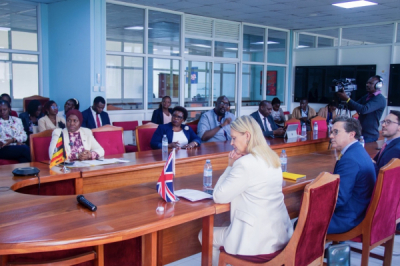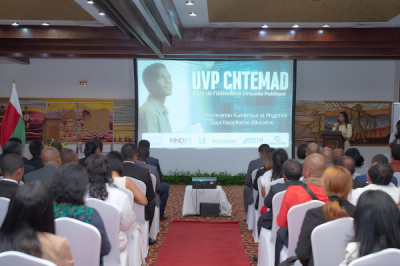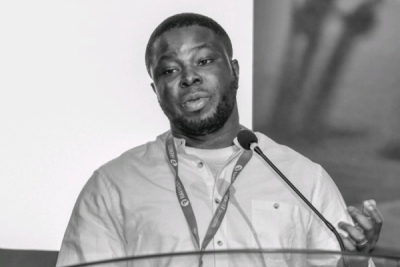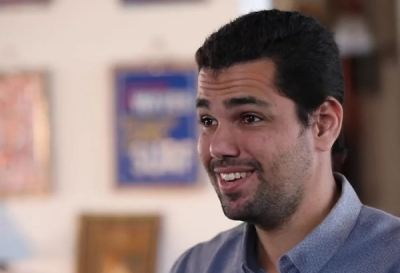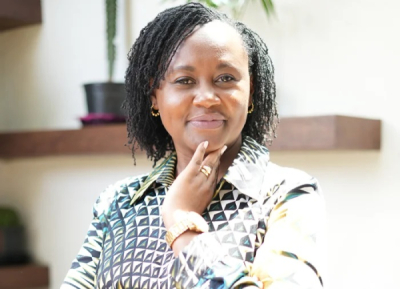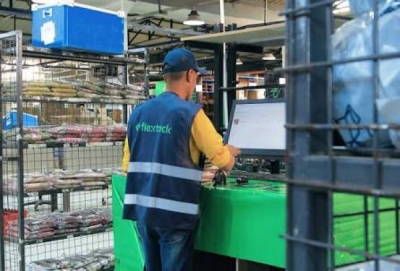As Nigeria advances its digital transformation, collaborations with global technology leaders like NEC are expected to play a crucial role in unlocking opportunities across various sectors, thereby fostering sustainable development.
The Director General of the National Information Technology Development Agency (NITDA), Kashifu Inuwa, has met with senior executives of NEC Corporation, one of Japan’s leading multinationals in artificial intelligence (AI), digital government, and sustainability solutions, to discuss accelerating the adoption of AI and strengthening Nigeria’s digital infrastructure.
The meeting, announced on August 23, brought together Yosuke Koide, Director of NEC West Africa; Carel Coetze, CEO of Miho Hara International Development Aid; and Kentaro Maekawa, Senior Relations Department of NEC. It focused on accelerating AI adoption across Nigeria’s key sectors. Priority areas include agriculture, digital infrastructure, smart governance, and sustainable technology solutions.
Agriculture remains the backbone of Nigeria’s economy, contributing 25% to GDP in Q4 2024 (Nigeria’s largest GDP contributor), according to the National Bureau of Statistics. Deploying AI solutions for precision agriculture, crop management, and market access could deliver transformative benefits for millions of Nigerians.
For citizens, the partnership promises practical benefits—from boosting food security through precision farming and data-driven crop management, to expanding access to digital services and enhancing public sector efficiency. AI-powered tools can help smallholder farmers to increase yields, reduce losses, and better manage climate risks. In governance, smart systems can improve transparency, streamline service delivery, and reduce corruption.
The NEC engagement also comes as Nigeria scales up its 3 Million Technical Talent (3MTT) program, designed to train young people in digital and AI-related skills. By linking Nigeria’s innovation ambitions with NEC’s global expertise in AI and digital governance, the country can ensure its workforce is prepared for emerging opportunities in AI-driven sectors.
Hikmatu Bilali


